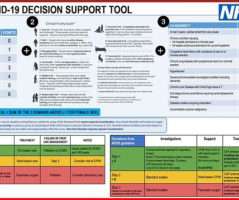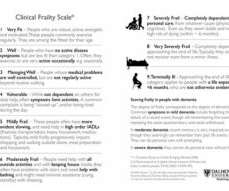Making the Construction Industry Accessible for All
Fieldwire
MARCH 20, 2023
According to the Bureau of Labor Statistics (BLS), the construction industry remains at 89% men to 11% women. Some construction companies have started to hire more women, but they face issues with harassment and discrimination in the workplace. How can your construction company be accessible to everybody? Black and 2.1%















Let's personalize your content